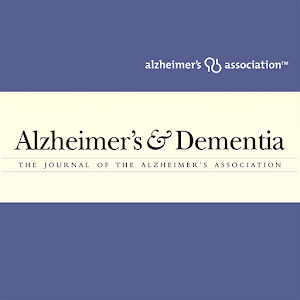Background: The King Devick Test (KDT) is an easily and quickly administered bedside clinical measure which assesses attention, processing speed, and visual scanning capabilities and has been extensively validated as a sensitive and specific measure for evaluating sports-related concussion. KDT slows by an average of 5.2 seconds following concussion. Emerging evidence suggests that idiopathic REM sleep behavior disorder (iRBD) represents prodromal synucleinopathy in most patients. We analyzed serial KDT scores in patients with iRBD or RBD plus mild cognitive impairment (MCI) to determine the feasibility of KDT for detecting evolving changes in attention, processing speed, and visual scanning.
Methods: Adult patients with RBD by ICSD-3 criteria with (iRBD) and with MCI (RBD+MCI) were administered the KDT in the Mayo Alzheimer’s Disease Research Center and iRBD prospective registry cohort. We analyzed KDT scores at baseline and one-year follow-up visits.
Results: Thirteen patients were studied, 9 with iRBD and 4 with RBD+MCI. Mean age was 66.5 years, and 11 (85%) were men. The mean (± SD) KDT score of all patients at baseline was 57.8 (± 10.79) seconds, and at follow up was 57.8 (± 11.6) seconds. There were no significant differences in KDT scores between groups at both time points. Five (38.4%) patients scored worse at their follow-up visit compared to baseline, 3 of whom were RBD+MCI patients. Of those with worsening scores, mean change in performance was 9.1 (± 7.4) seconds.
Conclusions: Over 38% of our RBD patients demonstrated decreased performance on the KDT, suggesting emergence of subtle impairments in attention, processing speed, or visual scanning functions. Future longitudinal studies involving larger iRBD and RBD+MCI cohorts with longer follow-up time will be required to determine if decreased performance on the KDT predicts phenoconversion from iRBD to RBD+MCI, and RBD+MCI to dementia with Lewy bodies.
Summary Points:
- Evidence suggests that idiopathic REM sleep behavior disorder (iRBD) represents prodromal synucleinopathy in most patients.
- Over 38% of RBD patients in this cohort demonstrated worsening performance on the KD Test suggesting emergence of subtle impairments in attention, processing speed, or visual scanning functions.
- Future study will determine if this decreased performance on the K-D test predicts phenoconversion from idiopathic RBD to RBD with mild cognitive impairment (MCI) and RBD+MCI to dementia with Lewy Bodies.

